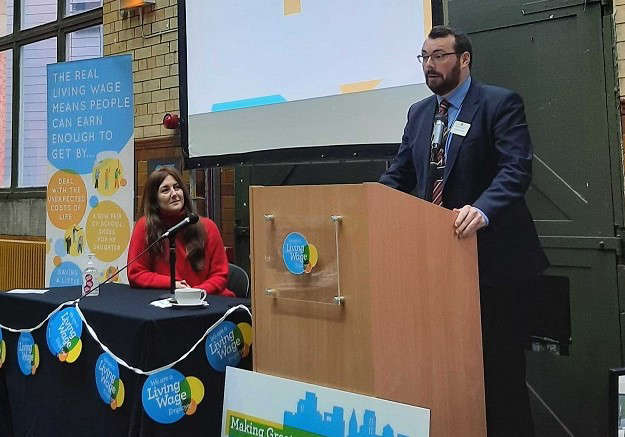
Bury Council’s £5m programme to support the lowest paid has been welcomed by the Real Living Wage Foundation.
The foundation has reviewed the council’s plans and has formally accredited the council as a Real Living Wage employer. It means the council has signed a legal agreement of its commitment to the Living Wage and is a key aim of the council’s plans to tackle deprivation at the heart of the borough’s Let’s Do It community strategy.
Bury Council led the development of the 10-year vision for the borough, supported by many partners.
The council is also one of the largest employers in the area.
The council agreed in September to pay its lowest-paid staff, most of whom live in the borough, at least the value of the Real Living Wage, which is currently £9.50 per hour. The Real Living Wage Foundation has announced a new rate of £9.90 per hour, which the council will need to bring in by April 2022.
Around 4,000 staff, either directly employed by the council, including authority employees in schools; who work for organisations commissioned by the council to provide services; or are agency staff will benefit.
Around 3,000 work in adult social care for organisations commissioned by the council.
The council will also be working with other employers in the borough across public and private sectors to encourage them to do the same.
The Real Living Wage is independently set and calculated according to the cost of living, based on a basket of goods.
It is higher than the National Minimum Wage and National Living Wage because it is based on what it costs to live.
Councillor Eamonn O’Brien, leader of the council explained that adopting the Real Living Wage and gaining accreditation as part of the authority’s commitment, within the Let’s Do It Strategy, to reduce poverty in the borough.
“Payment of the Real Living Wage plays an important part in supporting many of our residents, and I’m delighted that we have gained accreditation with the Real Living Wage Foundation,” he said.
“As a major employer in the borough we are taking the lead in demonstrating a socially responsible position. We will also be recommending the payment to our partners, other schools, and other employers in the borough.
“When workers earn enough to live, they have more income to spend in the local economy. Adopting the Real Living Wage means we will be supporting the financial stability of 4,000 people and protecting them from in-work poverty.
“It also demonstrates our commitment to the Greater Manchester Good Employment Charter and the pledge that we will become the UK’s first Living Wage City-Region.”
Councillor Tahir Rafiq, cabinet member for corporate affairs and HR, added: “As well as supporting thousands of our residents, adopting the Real Living Wage is good for organisations.
“Research by the Real Living Wage Foundation shows that organisations who bring it in keep more of their staff who are better motivated and work harder for their employers.
“They are able to recruit more staff. People see they pay the Real Living Wage and are attracted to work for those organisations.
“It’s not only good for staff but also the organisations who pay them. It’s why we’re recommending other employers across the borough adopt it.”
In line with the requirements of the Real Living Wage Foundation, the Real Living Wage will apply to some organisations that provide services to the council but do not apply to contractors that supply the organisation with products, for example, stationery suppliers.


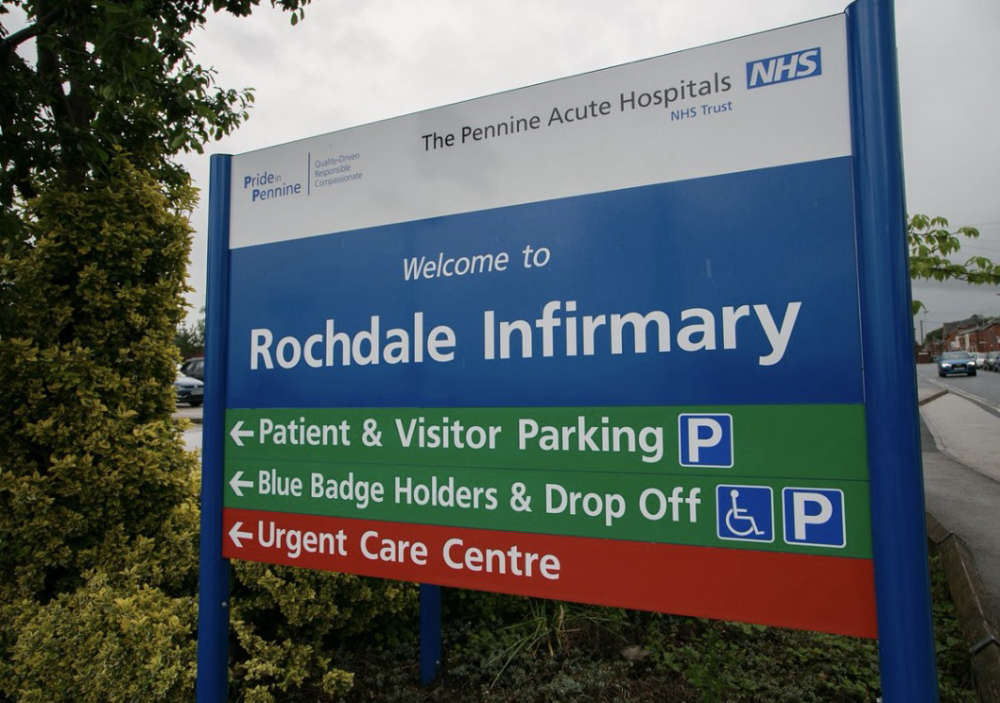 Rochdale hospitals to receive share of £750 million NHS repair fund
Rochdale hospitals to receive share of £750 million NHS repair fund
 Street Eat returns to Rochdale Town Hall Square this June
Street Eat returns to Rochdale Town Hall Square this June
 Life-sized safari puppets set to take over Heywood this July
Life-sized safari puppets set to take over Heywood this July
 Premier Kia backs Feel Good Family Picnic with summer of fun planned across the borough
Premier Kia backs Feel Good Family Picnic with summer of fun planned across the borough
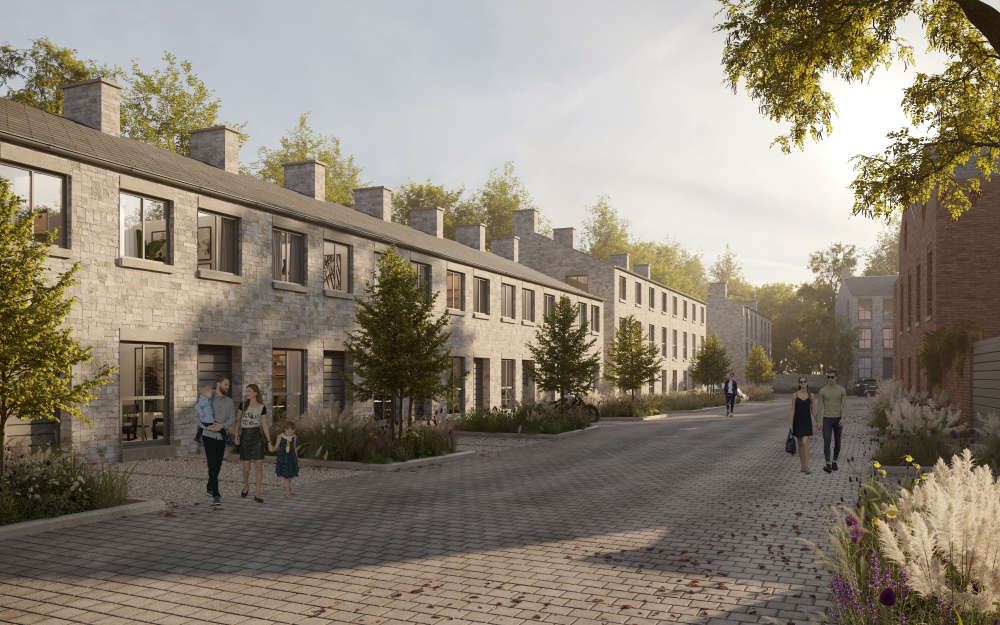 Historic mill conversion approval ‘mystifies’ furious objectors
Historic mill conversion approval ‘mystifies’ furious objectors
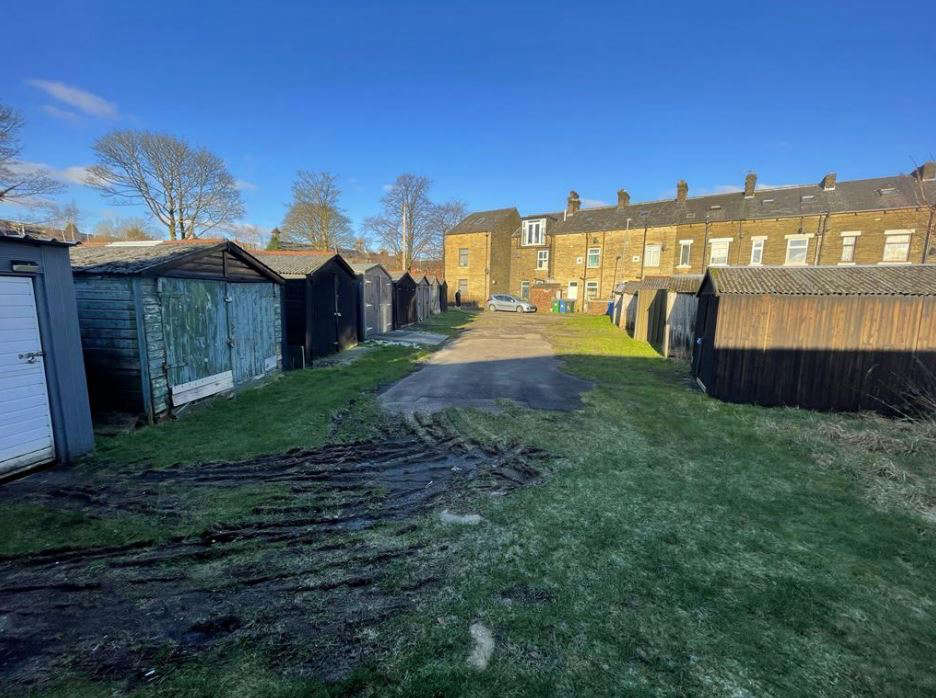 Parking ‘at a premium’ but housing plan gets approval
Parking ‘at a premium’ but housing plan gets approval
 Biker fighting for life after eight vehicle crash shuts M62 for more than seven hours
Biker fighting for life after eight vehicle crash shuts M62 for more than seven hours
 Next phase of £147m investment to tram network to get under way as Metrolink lays the foundations for growth
Next phase of £147m investment to tram network to get under way as Metrolink lays the foundations for growth
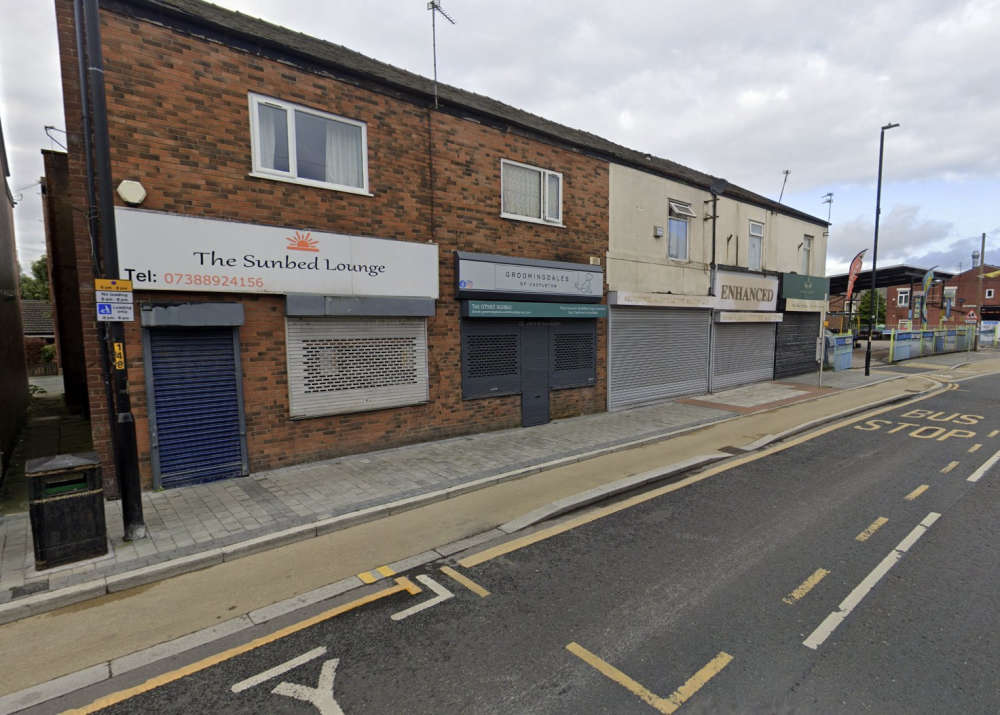 Castleton businesses set for £600,000 shopfront transformation boost
Castleton businesses set for £600,000 shopfront transformation boost
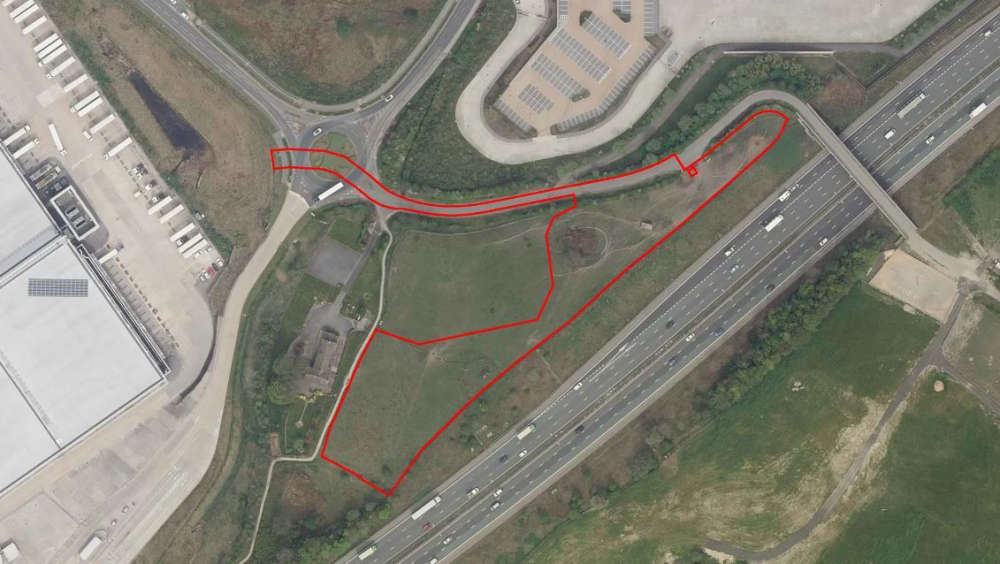 The scheme that could power over 16,000 homes
The scheme that could power over 16,000 homes
 Police catch more than 30 distracted drivers in bus-based road safety crackdown
Police catch more than 30 distracted drivers in bus-based road safety crackdown
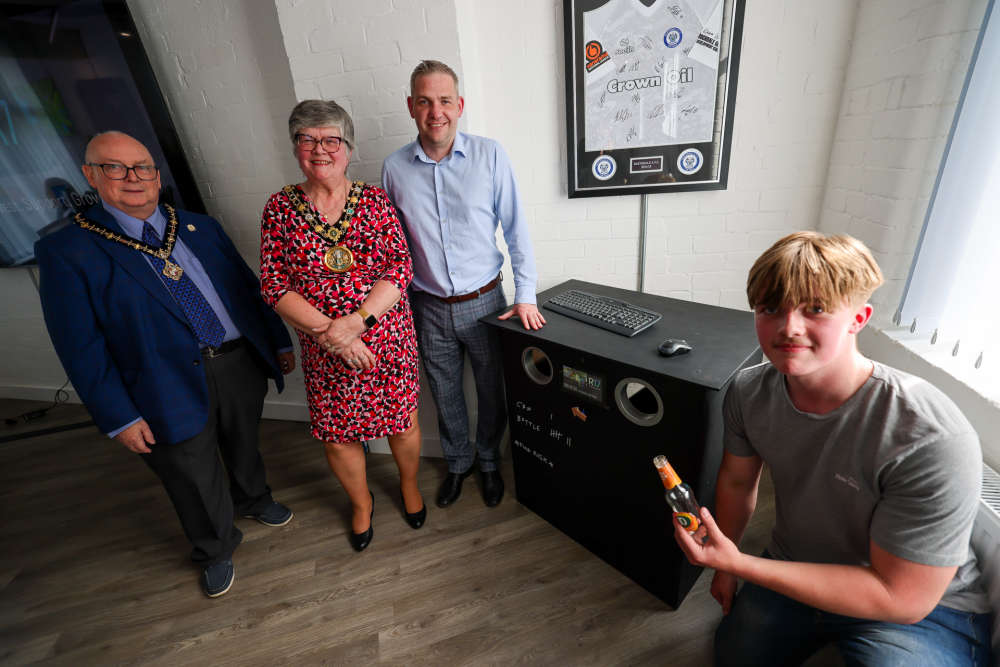 Smart recycling bin prototype unveiled as R17 celebrates young innovators in Littleborough
Smart recycling bin prototype unveiled as R17 celebrates young innovators in Littleborough


